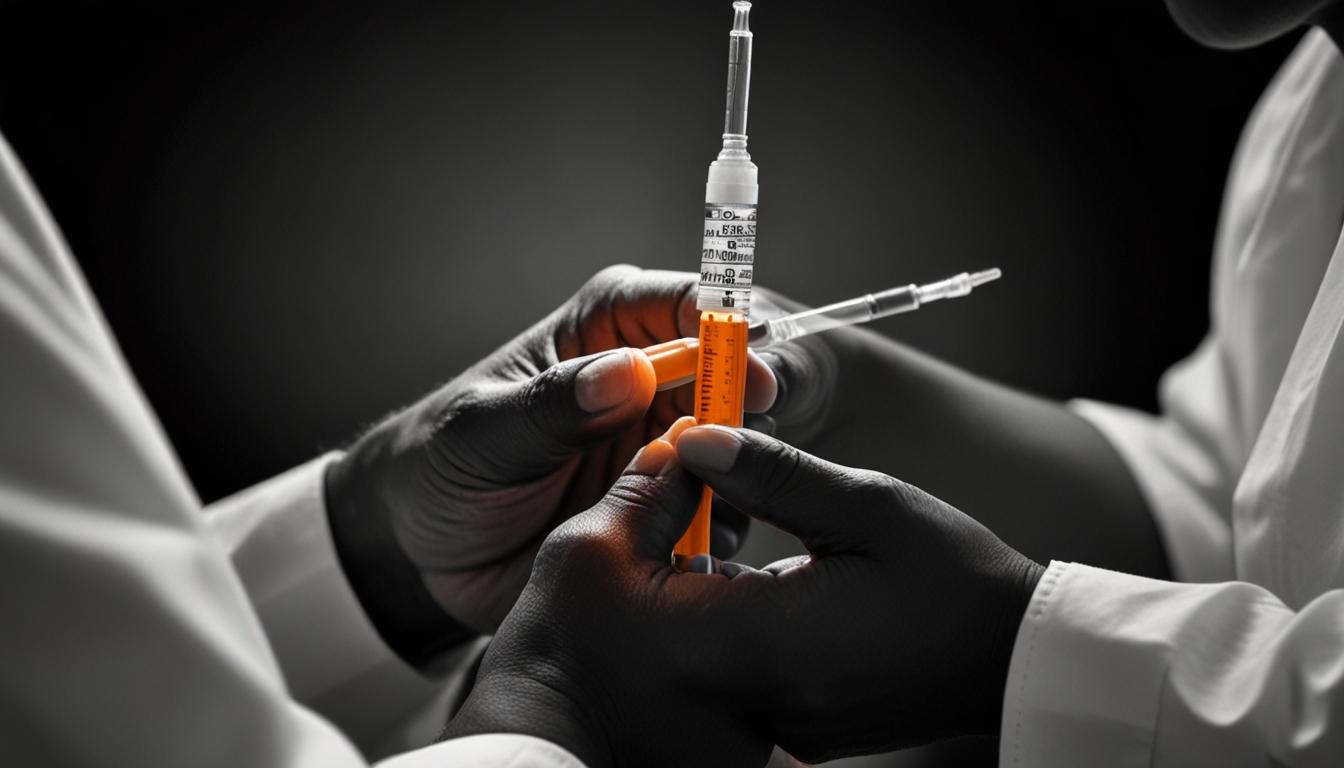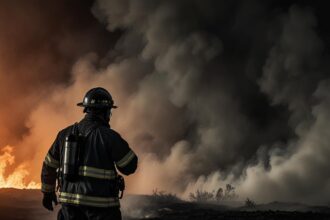Health officials in the Democratic Republic of Congo (DRC) warn of a dangerous new strain of the mpox virus spreading rapidly through sexual transmission. Meanwhile, the Americas face a surge in dengue fever cases, prompting alerts and emergency responses from health authorities.
New Mpox Strain in Democratic Republic of Congo Raises Global Concerns
Health officials report that a new and highly dangerous strain of the mpox virus, formerly known as monkeypox, is spreading rapidly along the eastern border of the Democratic Republic of Congo (DRC). The outbreak, primarily driven by sexual transmission, has shown evidence of spreading through close skin-to-skin contact. Dr. Leandre Murhula Masirika, from South Kivu’s health department, expressed fears about the ease of cross-border transmission noting that infected individuals can pass through airports and borders unchecked.
In 2023, the virus is linked to around 8,000 cases in the DRC, with 384 fatalities, nearly half of which involve children under 15. The strain is said to have originated in Kamituga, a mining town, and is spreading to various cities including Goma, a key border city with Rwanda. Concerningly, healthcare workers and schoolchildren are among the infected.
Global health experts have termed this strain as the “most dangerous yet” due to its severe impact on adults and children, along with the possibility of asymptomatic spread. The World Health Organization (WHO) warns of potential international spread and increased severe illness risks. Despite previous success in controlling a global mpox epidemic in 2022 through vaccination, vaccine and treatment accessibility in the DRC remains low. Local and international health officials are urgently assessing the situation to mitigate the risk.
Dengue Fever Surge in the Americas and Beyond
The United States Centers for Disease Control and Prevention (CDC) has alerted healthcare providers to a significant rise in dengue fever cases globally, notably in the Americas. The first six months of 2024 saw nearly 10 million cases in the region, doubling the previous year’s total. Puerto Rico has also declared a public health emergency with nearly 1,500 cases.
Dengue, spread by Aedes mosquitoes, can cause severe symptoms and even be fatal. Climate change and urbanization have expanded the mosquitoes’ habitats, increasing dengue’s reach to new regions, including parts of the United States like Florida and Texas. The CDC emphasizes the importance of protective measures such as using bug spray and controlling standing water, and has launched an emergency response to improve surveillance and lab capacity.
Efforts to control dengue include experimental vaccines like QDENGA, developed by Takeda and recommended for high-transmission areas, while the CDC advises doctors to remain vigilant for cases, especially in travelers from endemic regions. With no specific treatment currently available, managing symptoms through fluids and rest remains critical.
This rise in both mpox and dengue cases underscores the challenges posed by emerging infectious diseases and highlights the need for continued monitoring and prevention efforts.













